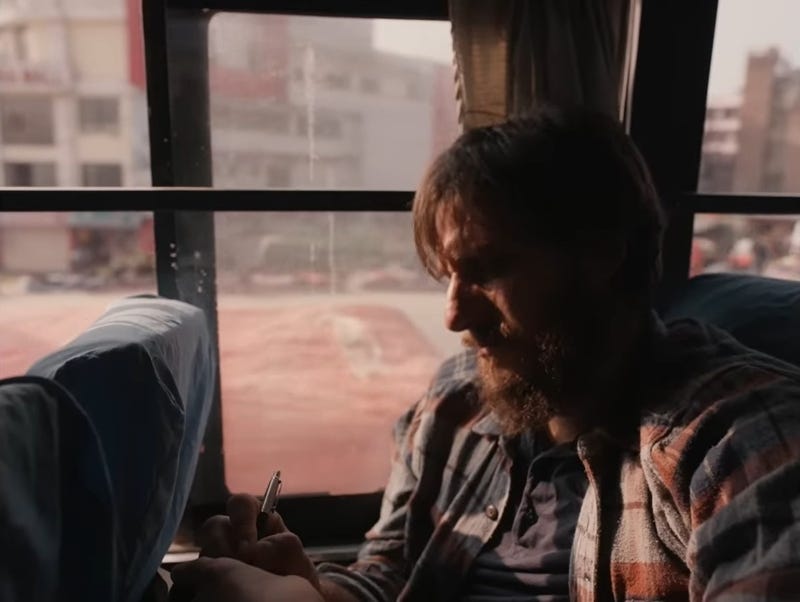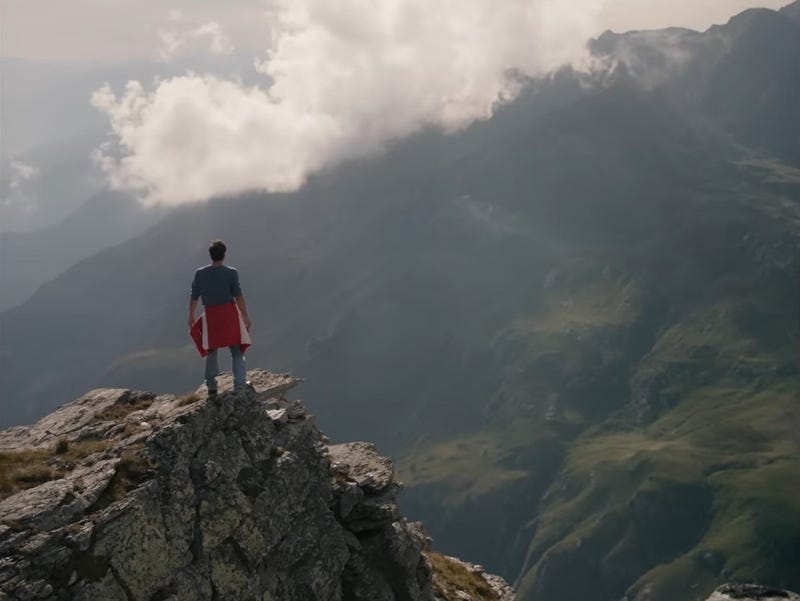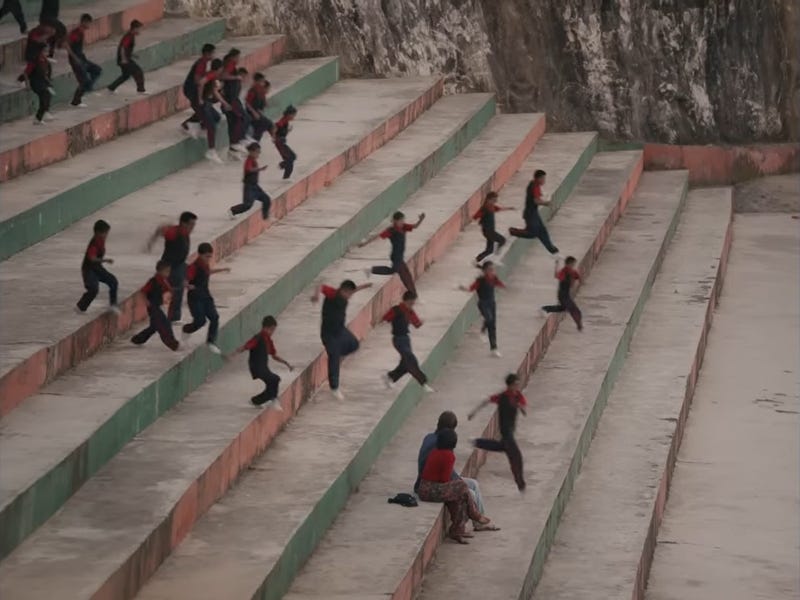Jusant and Paolo Cognetti’s The Eight Mountains
Two incredible peaks to climb. #literature #cinema #videogame
Welcome back to Artcade, where the fourth and fifth dimensions are the norm, the sixth and seventh are just around the corner, and ascending to the eleventh doesn’t feel all that strange. There’s no three-body problem here—in fact, three bodies might feel like too few in this orgy of stimulation, weaving together every art form imaginable. We stack layer upon layer, enough to build a mountain (look at this roundabout way of getting to today’s subject—why didn’t I just start with skiing? It’s a great sport). Anyway, as you may have guessed, today’s thread is all about mountains. Let’s get started before I go off on another tangent. Enjoy the read!
With these friends we would often talk about going to live in the mountains together. We were reading Murray Bookchin and dreaming, or pretending to dream, of turning one of the abandoned villages into an ecological community where we could experiment with our ideas about society. […]
It was this utopian game that we would play of an evening, at weekends. Bruno, who was actually in the process of building his ideal village, amused himself by demolishing ours. He would say: without cement the houses would not stay up, and without fertilizer even the grass in the meadows won’t grow; and I’d like to see you try to cut wood without petrol for a chainsaw. What do you plan to eat during the winter, polenta and potatoes like the old folk? And he would say: it’s only you townies who use the word nature. And it’s as abstract to you as the word itself. We say wood, meadow, river, rock, things that we can actually point to. Things that can be used. If they can’t be used, we don’t bother to even give them a name: it would be pointless to do so.
The Eight Mountains is a story about friendship, no doubt, but it’s also the story of a place. Cognetti’s brilliance lies in making the setting an inseparable part of the narrative: in this coming-of-age tale, the mountain is the canvas, and without it everything would feel vague and intangible—just as Bruno’s criticism of abstract names explains.





